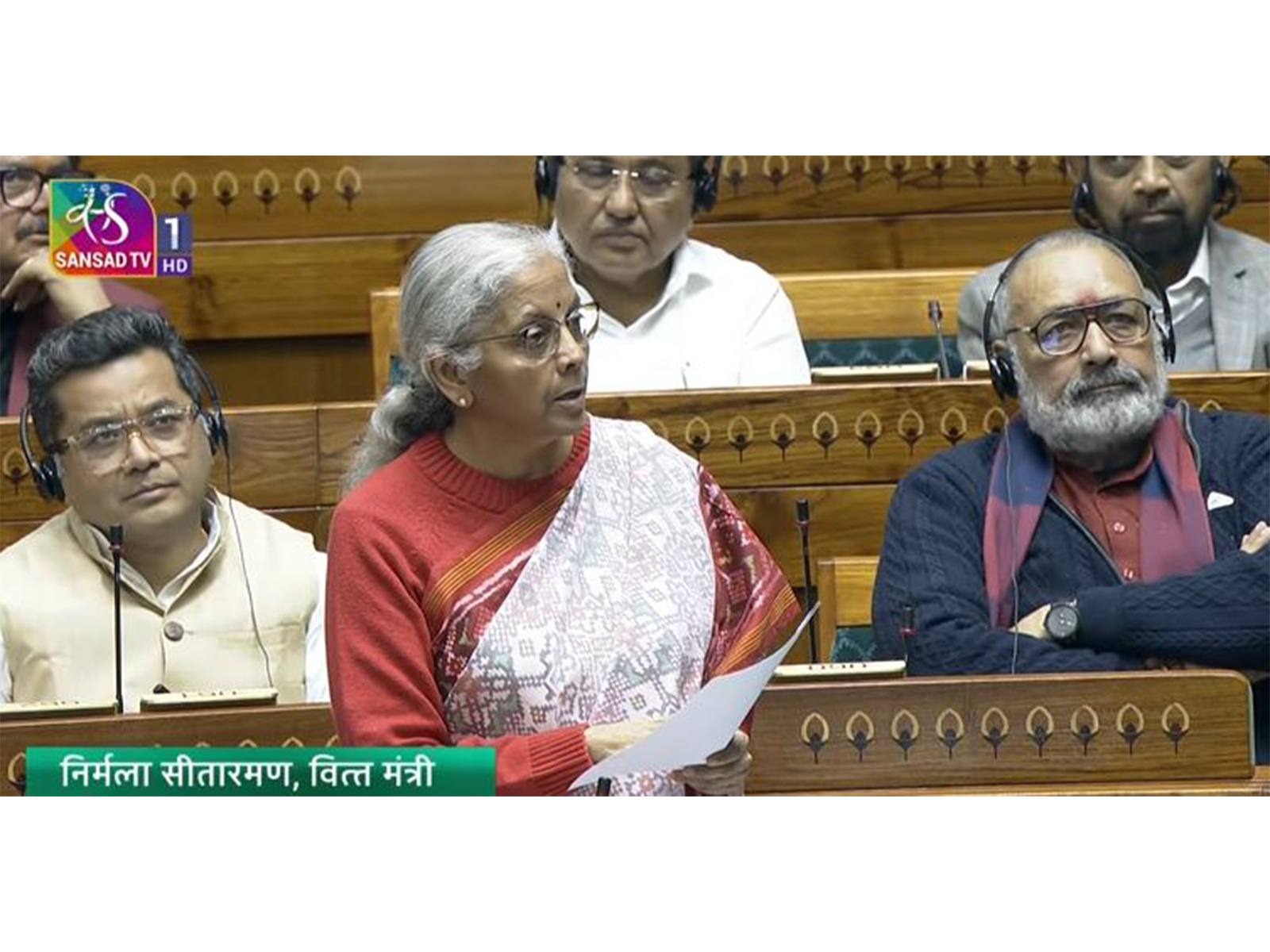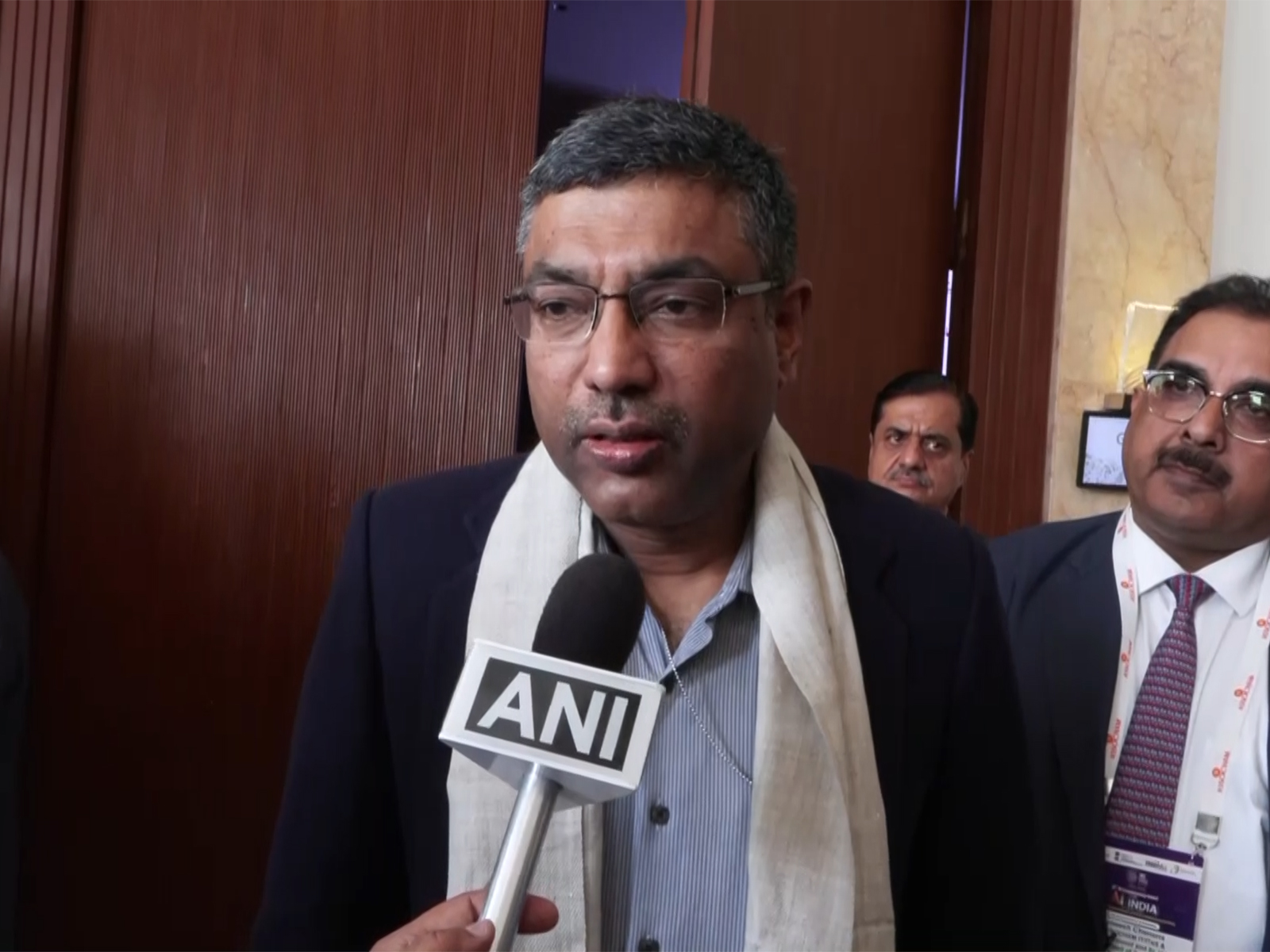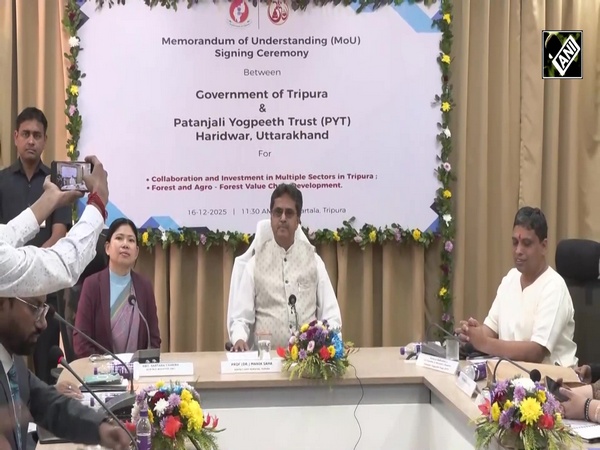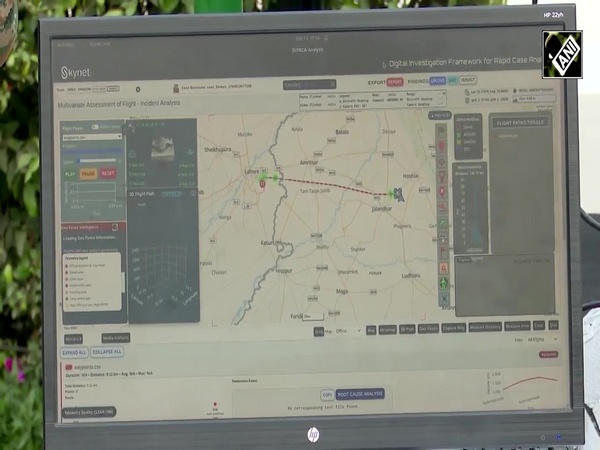Here's why air quality matters, even inside our homes
Aug 27, 2021

New Delhi [India], August 27 (ANI/Mediawire): What is the first thing you do when you reach the mountains? Open your arms and take a long deep breath before slowly exhaling, right? Well, that is the thing about clean air, it makes you want to pause for a moment and just breathe. We've seen COVID-19 waves come and go in India over the past year and a half, and while we currently sit on the other side of a deadly wave, the importance of clean air is evergreen.
How does air pollution impact our indoor air?
Air quality impacts us everywhere we go - whether we're isolated indoors during a COVID peak, running errands, commuting to work, or hosting friends or family for the holidays. According to the
, 6 of the world's 10 most polluted cities are in India, and air pollution kills almost 1.25 million people in the country every year. India's deteriorating air quality continues to rank amongst the worst in the world, and with people spending more than 90% of their time indoors throughout the pandemic, the impacts of polluted air are more apparent than ever before. One
(conducted in 721 districts across India by leading research institutions like Utkal University, Indian Institute of Tropical Meteorology, and the National Institute of Technology) found that people residing in highly polluted areas could be at a greater risk of contracting COVID-19.
Indoor Air Pollution (IAP) has become a global concern, with pollutants congregating in closed off spaces and often reaching 2-5 times pollution levels found outdoors. But with most pollutants invisible to the naked eye, it's easy to remain unaware of the dangers of breathing dirty air. IAP can be caused by common items present in our household on any given day, such as paint, pet dander, furniture polish, cooking fuel, cleaning agents, or the use of common appliances like heaters and refrigerators. And of course, not every home is completely air-tight. This means that potentially polluted air - including smoke, smog, dust, mold spores and other pollutants - flows between the outdoors and in, whether through an open door or window, or through unintentional openings. And while air conditioning units can cool a room, air conditioners can also increase the movement of pollutants around a space.
Why should we care about indoor air quality?
Now with practically every member of the family stuck at home, there are additional factors leading to IAP. Backing this up is the study by
India, which states that India witnessed greater indoor pollution than usual during the nationwide lockdown with an almost 2% (or about 150 tons per day) increase in total household PM 2.5 emissions. PM stands for "particulate matter," and PM 2.5 refers to particulate pollutants that are 2.5 microns or smaller in size. Particles that are this small are considered especially dangerous because they're able to bypass many of our body's defenses and
.
The adverse health impacts of dirty air are far-reaching. Prolonged exposure to IAP can lead to a range of adverse health issues for people, aggravating chronic illnesses like allergies and asthma, and triggering other symptoms like eye irritation, headaches, and fatigue. Luckily, there is a technology designed to address the growing issue of IAP - air purifiers.
What can we do to improve our indoor air quality?
Air purifiers are devices that, put simply, are designed to intake dirty air and blow out clean, purified air in return. These days, there's an abundance of air purifiers on the market, built with different technologies, for different purposes and varying room sizes. Many air purifiers today rely on HEPA technology, which was initially designed in the 1940's to capture pollutants on a tightly woven filter. While HEPA filters have been traditionally used to filter particulate matter out of the air, they have not been proven to show
against things like volatile organic compounds (VOCs), which are harmful gaseous pollutants often found in indoor air, without being paired with other air purification technology.
Molekule, a U.S. science company, has recently introduced PECO technology to the Indian market. PECO, which stands for photo electrochemical oxidation, is able to go beyond filtration to actually
like viruses, bacteria, VOCs, and mold at molecular levels. PECO is a fundamentally new approach to air purification technology that is capable of destroying the widest range of airborne pollution when compared to traditional air purifiers.
In the face of the climate crisis, we believe that air pollution, both outdoors and indoors, is going to continue to get worse. While outdoor air pollution is hard (nearly impossible) to tackle at an individual level, we can each take control over the air we breathe everyday inside our homes. And with the COVID-19 pandemic reaffirming the need for clean breathing air, having an air purifier in your home is no longer a luxury, it's essential.
This story is provided by Mediawire. ANI will not be responsible in any way for the content of this article (ANI/Mediawire)




















